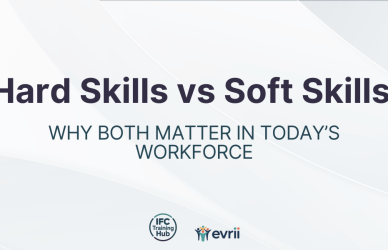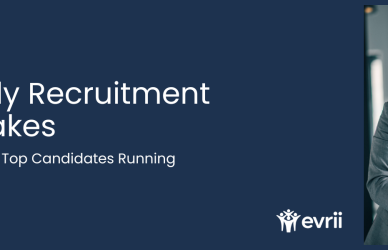The Irish hospitality sector, the very heartbeat of our tourism and social life, currently finds itself at a critical juncture. For employers across the country, from boutique hotels to bustling city pubs, understanding the forces driving contemporary Irish hospitality recruitment trends is no longer optional—it’s fundamental to commercial viability. The challenge can be distilled into a central conflict: the accelerating cost to hire hospitality staff in Ireland, set against the persistent struggle with hospital hospitality staff availability in Ireland.
Part I: The Accelerating Cost to Hire Hospitality Staff in Ireland
The most defining trend shaping the sector is the rapid acceleration of the total financial burden of employment. This isn’t simply about an hourly rate; it’s a multifaceted expense driven by legislation and market competition.
Legislative Pressure on Payroll Costs
The primary driver of rising payroll costs is the planned increase in the National Minimum Wage, which is actively transitioning towards a National Living Wage. When the minimum wage increases, it triggers an immediate and sharp knock-on effect on pay across all lower and mid-level roles.
Recruitment professionals are reporting that wages that were once reserved for supervisors (often reaching €13 to €15 per hour) are now the baseline expectation for entry-level positions like bar and waiting staff. For businesses requiring large teams, the cumulative impact of this wage growth across high-volume roles can become a severe
financial pressure point.
Beyond the direct wage, the full cost picture is escalating due to new mandates. Businesses must budget for increasing employer contributions for Statutory Sick Leave, mandatory pension contributions (auto-enrolment), and adjustments to Employer PRSI. These changes introduce significant overhead and complexity to the overall cost of hiring hospitality staff in Ireland.
The Rising Expense of Turnover
High staff turnover, a chronic issue within hospitality, now translates into a far greater expense. When factoring in the cost of advertising, vetting, onboarding, and training, the total cost of recruitment per employee has risen dramatically. Consequently, the single most effective strategy for controlling labour spend has become reducing turnover through better talent retention.
Part II: Addressing Hospitality Staff Availability in Ireland
Despite the necessary rise in wages, the supply of available and skilled workers remains severely constrained, empowering jobseekers and shifting the market balance.
The Post-Pandemic Exodus and Skills Gap
The mass departure of both domestic and international workers during and immediately after the pandemic has left a lasting staff shortage. Many former employees have simply moved on, finding more stable, better-paid roles in other sectors such as technology and finance, and they are reluctant to return.
The resulting skills gap is most pronounced in specialist areas. Nowhere is this more obvious than in the culinary crisis, where the shortage of qualified chefs continues to drive significant salary inflation in those roles, a stark reflection of the severe imbalance between
supply and demand.
Navigating the Candidate’s Market
The current labour market firmly empowers the jobseeker, who is now demanding more than just compensation. They are seeking:
● Prioritised Flexibility: Traditional rigid schedules are a major deterrent. Successful businesses are addressing hospitality staff availability in Ireland by offering more flexible working patterns and guaranteeing greater predictability in rotas.
● Focus on Career: The modern employee increasingly views hospitality as a long-term career path. Employers must respond by providing clear pathways for career progression and meaningful investment in training to secure and keep their best people.
● Harnessing Digital Tools: Adopting smart scheduling software not only helps control payroll costs but acts as a key attraction point for candidates who value clear, reliable rotas and modern management practices.
Conclusion: Securing the Future of Irish Hospitality Recruitment
The current Irish hospitality recruitment trends define a new commercial reality: the industry must now effectively compete with the wider economy on both compensation and working conditions. The days of low wages and deeply inflexible hours are fundamentally over.
To not just survive but to thrive, operators must fully integrate their strategies for cost and availability:
● Achieve Cost Control through highly efficient scheduling and a sharp focus on reducing turnover.
● Improve Staff Availability through a genuine commitment to staff wellbeing, continuous training, and flexible work options.
By adapting proactively to this new environment, the Irish hospitality sector can secure the talent pipeline it needs to maintain and elevate its world-renowned service standards.







Great Piece, I really enjoyed the read and very on point for what is currently happening in recruitment and Hospitality